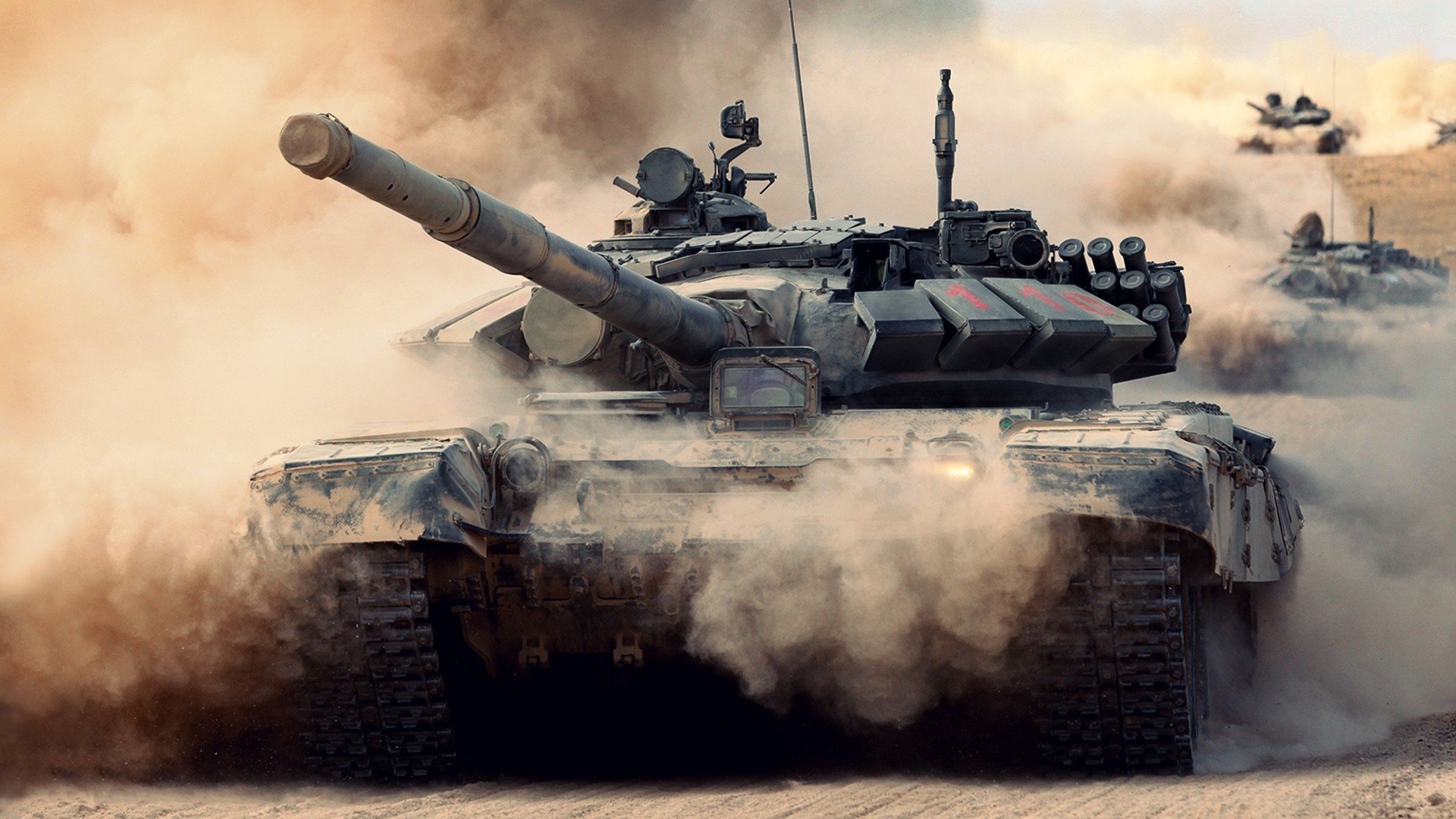“We don’t call it the forgotten war, we call it the forgotten victory.”- Colonel Warren Wiedhahn USMC (ret), Chosin Veteran. November of 1950, Chosin Reservoir, Changjin County, South Hamgyong Province, North Korea. A force of 30,000 UN troops, 12,000 being US Marines and 3,000 US Soldiers, would be surrounded and overwhelmed by 120,000 chinese communist forces, in what would be one of history's most successful retreats and breakthroughs. In what seemed a doomed hope, US Marines would push the limits to save those around them. As Marine Corps and Air Force pilots dominate the skies, US Marines would spearhead a 78 mile march, under enemy attack, to the sea of Japan. Saving the UN’s army from annihilation in Korea, the Marines would also successfully evacuate 98,000 North Korean refugees. Chinese leaders inability to lead and disregard for chinese life would be apparent at Tokfong pass. Fox company, a company of 234 Marines, tasked with defending Tokfong Pass and the road going through it, faced up to 10,000 chinese soldiers. Fox company would save the lives of 8,000 Marines, who were stationed further north, allowing them a passage for retreat towards the sea of japan. Chosin Reservoir would be a decisive battle in the korean war, for UN forces would be effectively pushed back to the 38th parallel, never to have presence again in North Korea. However, the chinese failed to effectively eliminate or annihilate the US Marines, which could’ve had tremendous blow to the UN war effort in Korea. Chosin Reservoir would be a pyrrhic victory rather than a conventional victory.

The battle of Chosin Reservoir would be very influential in all events that followed on the Korean Peninsula. Of the 150,000 communist troops that poured out of the Central Mountains, 120,000 would surround and overwhelm the UN forces that had fortified Chosin Reservoir. The United States Marines would kill up to 25,000 communist forces and wound another 12,500. Due to the prolonged battle in frigid conditions, Chinese forces suffered a total of 72,500 casualties during the encounter. 60% of the communist forces that invaded North Eastern North Korea would be unfit for battle afterwards. Due to the tremendous loss on the Chinese, the 10 divisions that faced the US Marines at Chosin, would never see action again. As the 8th army made a desperate retreated from Western North Korea, after it was horribly defeated at the Battle of the Chongchon River. It would be driven all the way back to South Korea, where it would lose the South Korean capital of Seoul. However, the communist forces would lack the manpower and logistical means to push the UN out of Korea for good. Had Mao not attacked the US Marines at Chosin Reservoir, the 70-100,000 troops that went to waste during the entire campaign in North Eastern Korea would’ve been enough troop power to push the UN and US forces out of Korea. If the 1st Marine division had been annihilated, and not have had inflicted as much casualties on the communist forces at Chosin. Hungnam would’ve fallen, where a large force of UN forces lay. Had those troops been available, the 8th army would have certainly been completely pushed out of Korea. Where did the communist forces lose their strategic victory at Chosin and the Korean war? China made the same decision that McArthur made earlier in the war. Mao Zedong had accepted the 38th parallel, after the push into South Korea. What would have been an acceptable defense against due to the threats to its Manchurian borders, when the UN forces grew near. became a simple aggression. It became an invasion of an already savaged peaceful country. China became the scapegoat of the United States new Cold War containment policy. What would’ve been a death nail to the United States foreign policy approach, was strengthened by the incorrect decisions by Mao Zedong.
South Korea may have not noticed, but their country, their democracy, their way of life today was in the hands of nearly 12,000 US Marines in the depths of North Korea. Whatever the intentions of America at that time in that war, one cannot deny that the existence of the free state of South Korea hung upon the strings of life that those Marines held onto those dark cold nights.

0 comments:
Post a Comment